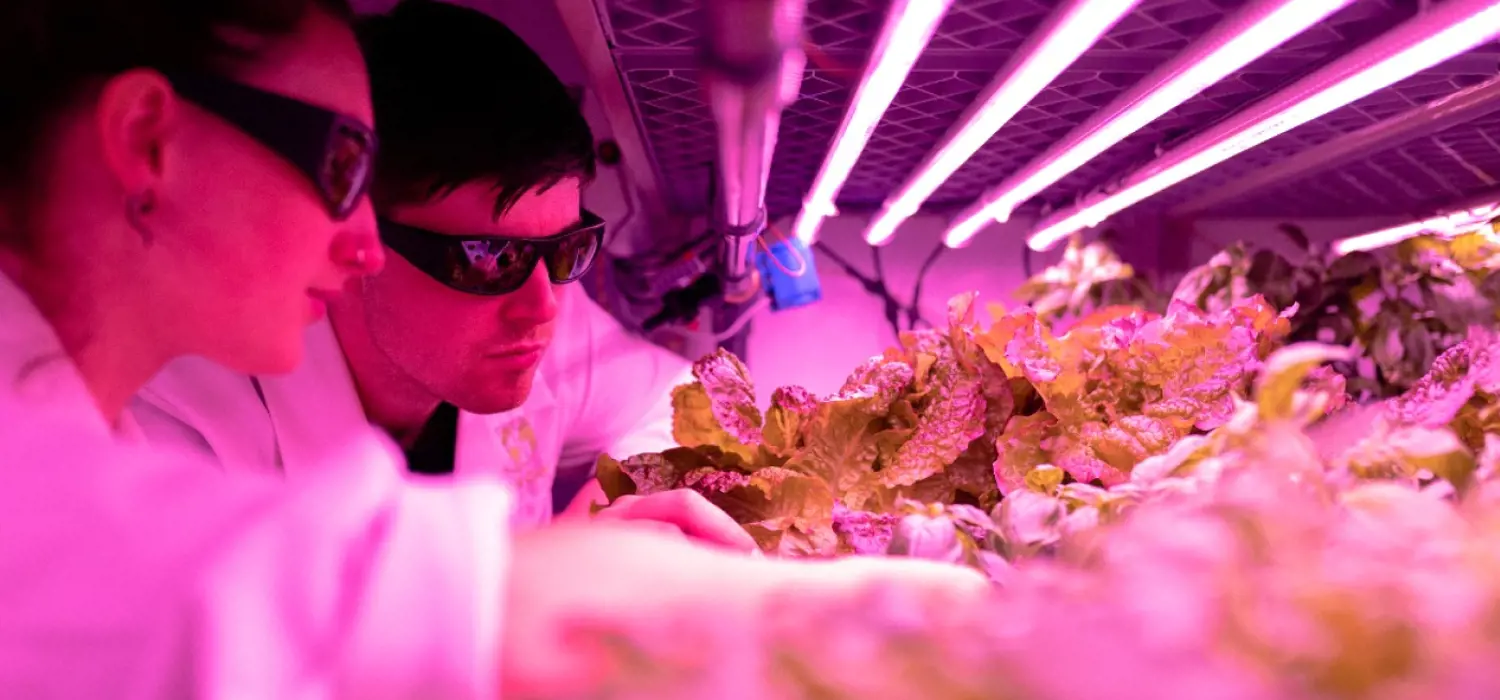
Become an engineer
Discover your route into an engineering career
How do I become an engineer?
No matter what stage you're at – choosing school subjects, doing work experience, thinking about further study, or entering the world of work – you'll find a range of options. There’s no right way, just a way that’s right for you.
When you're in secondary school you'll be making choices about your subjects: how do you know what's best for you and your future plans?
Work experience is also a great opportunity to get some real-life insights into different roles and a chance to develop your skills.
Choosing school subjects
To become an engineer you'll need a good understanding of maths and science. Grade 9-4 (A*-C) in maths, science (double or triple) and English at GCSE or equivalent will get you to the next step.
You might also like to think about taking:
- design and technology for product design and design engineering
- computing for software engineering
- languages as you can travel the world as an engineer
- explore this online course by Unifrog & EngineeringUK Education, to find out more about engineering and whether a career in engineering could be for you
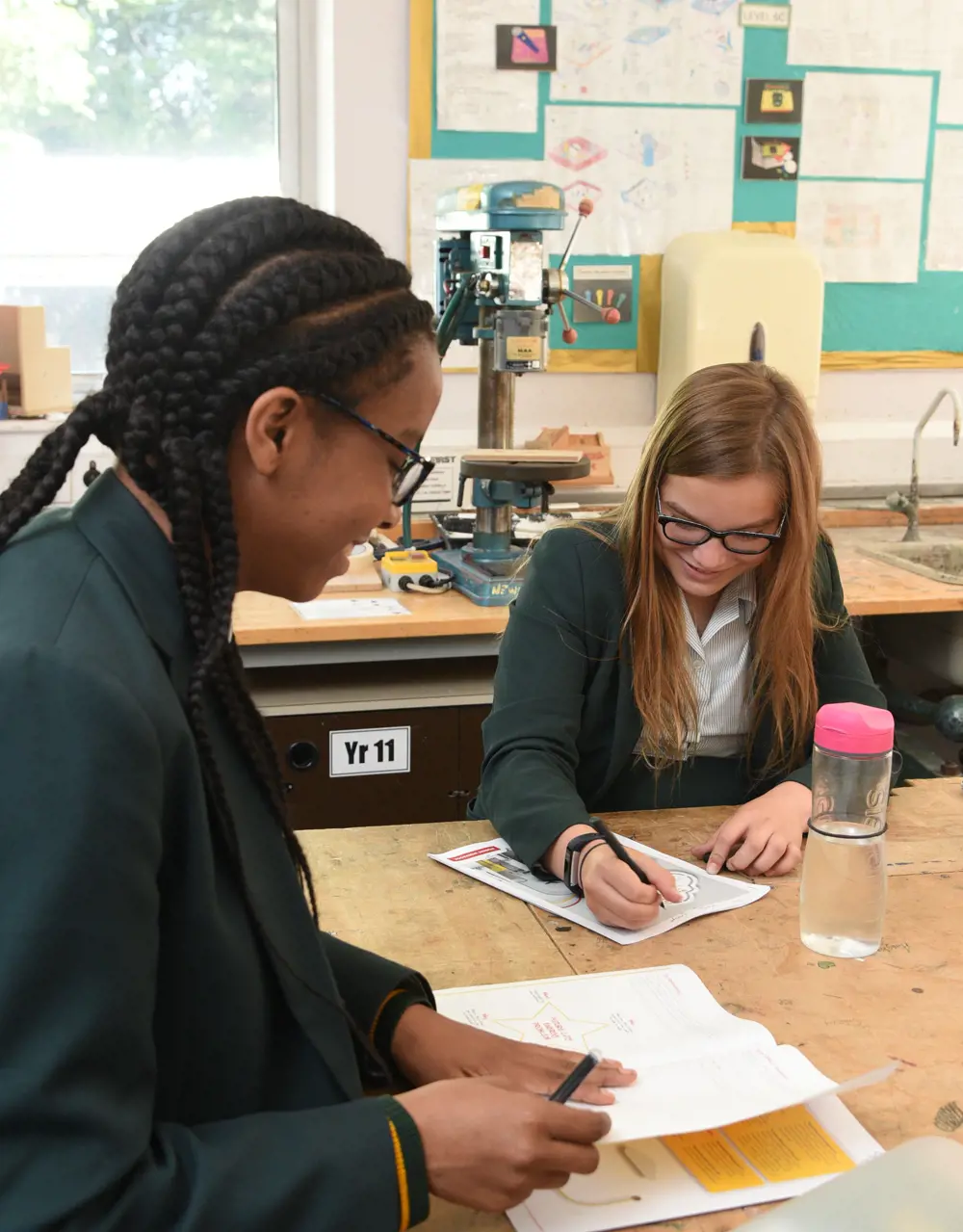
Work experience
Work experience is a great opportunity to learn more about a role or sector.
There are many organisations that can help match you with companies so you can get hands-on experience.
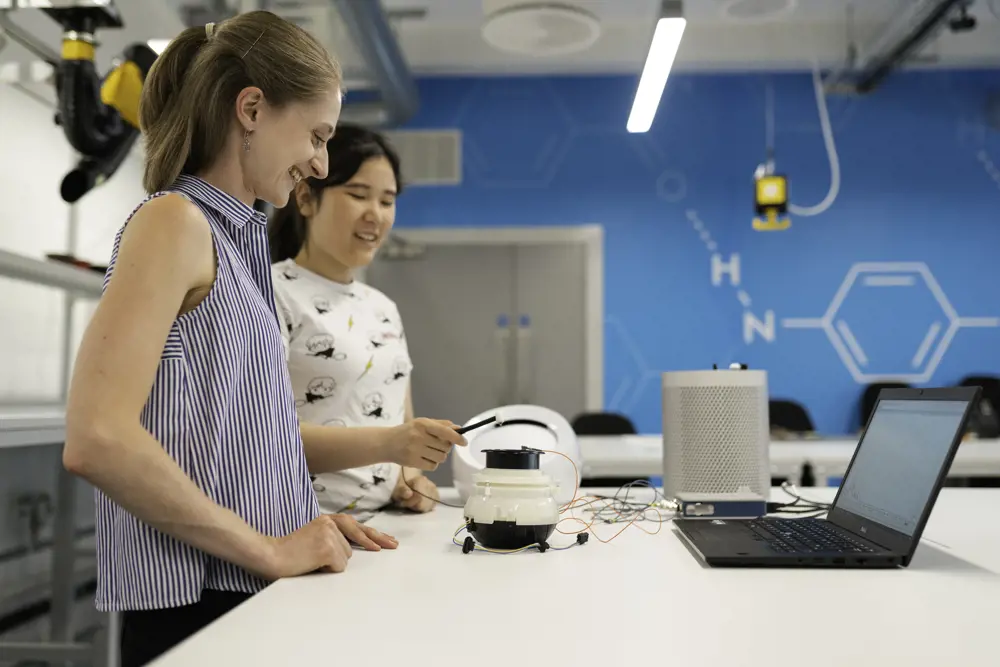
Opportunities to enhance your skills
Enter the British Science Week poster competition, eligible for anyone aged 3-14 years.
Enter the Big Bang UK Young Scientists & Engineers Competition. It's open to young people in the UK aged 11 to 18 in state-funded secondary education, who are home educated or who enter as part of a community group. Competitors can only enter one project, either on their own or as part of a team.
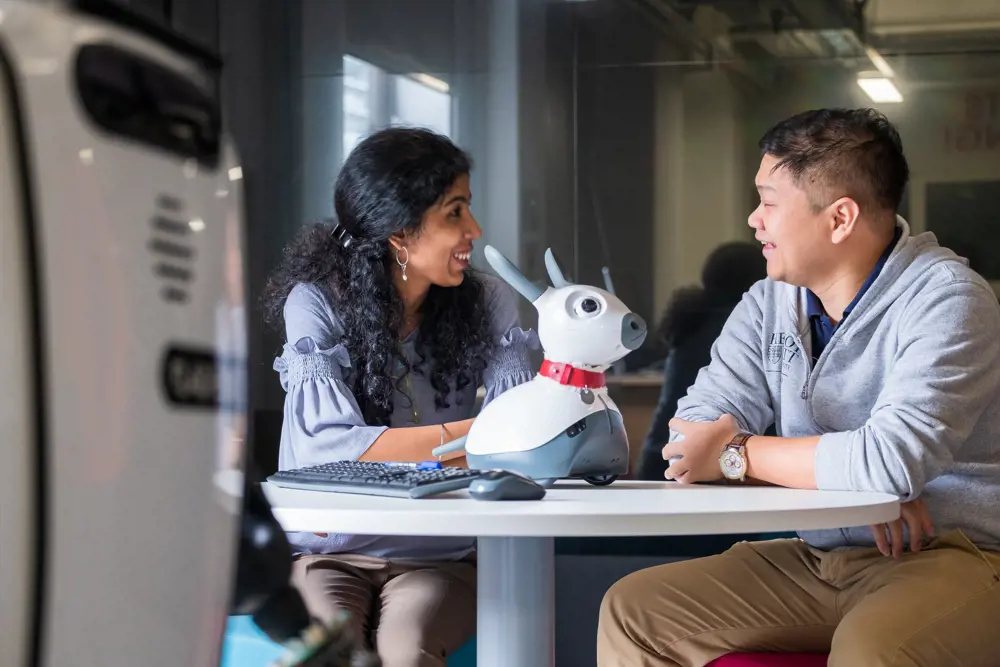
Head to the 'Further Education' section to get an idea of what you can do next 👉
Further education is for anyone over 16 years of age and can be the stepping stone between school and your next step, whether university or straight into the workplace.
There are different types available depending on how you learn best, including A Levels, T Levels, vocational courses and apprenticeships.
Academic learning
If you like learning at school through a mixture of lessons and practicals, the academic route may be for you.
Qualifications at this stage include A Levels, International Baccalaureate and Scottish Highers.
You might want to consider how your subject choices match your interests and any future job or study requirements.
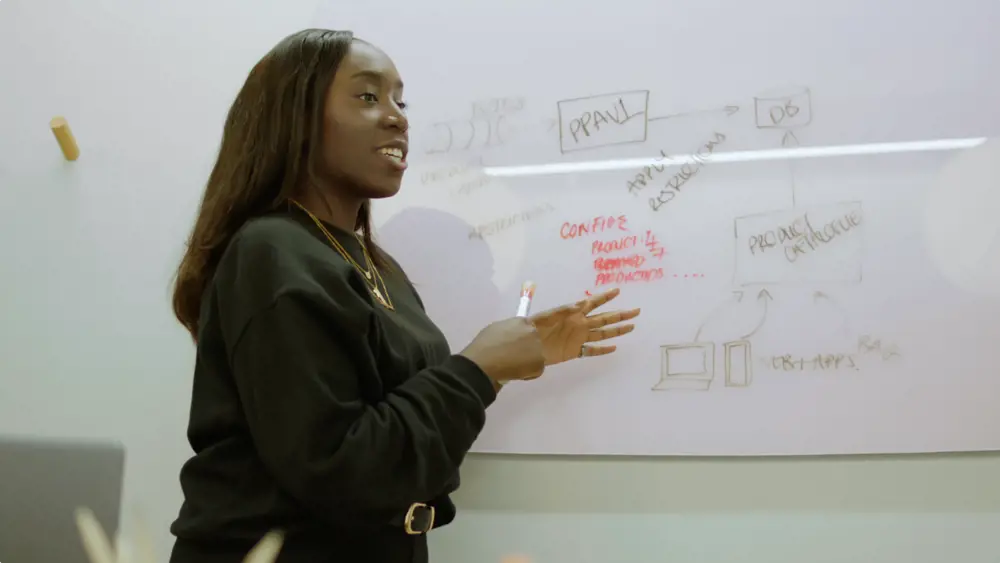
Hands-on learning with vocational courses
Vocational courses are well regarded by engineering employers, who help design the qualifications.
Vocational study could be right for you if:
- You prefer hands-on rather than classroom study
- You aren’t quite ready or don’t want to go to university
- You prefer a smaller class size
- You want to keep your career options flexible
People who take vocational courses often progress straight into the workplace, or go to university, to study an engineering degree.
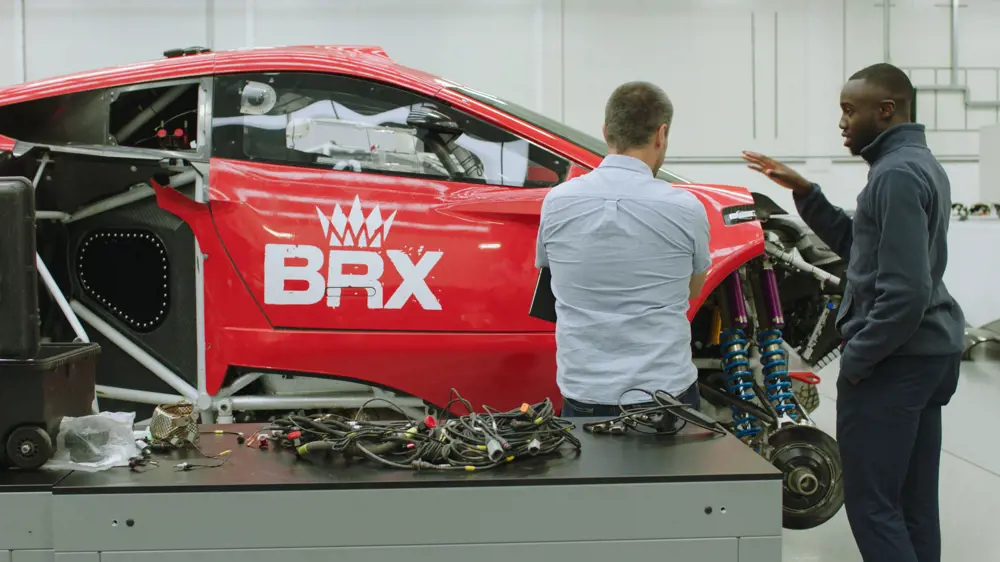
A mix of academic and hands-on with T Levels
T Levels are two-year courses designed to give a head start towards the career you want. They are equivalent to 3 A Levels. You'll spend 80% of your course in a classroom and 20% in an industry placement.
T Levels could be right for you if:
- You’re not sure what you’d like to do next
- You want to keep your options open and possibly pursue an advanced apprenticeship, degree apprenticeship or degree in the future
- You’d like to combine theoretical knowledge with work experience
- You want to meet potential future employers
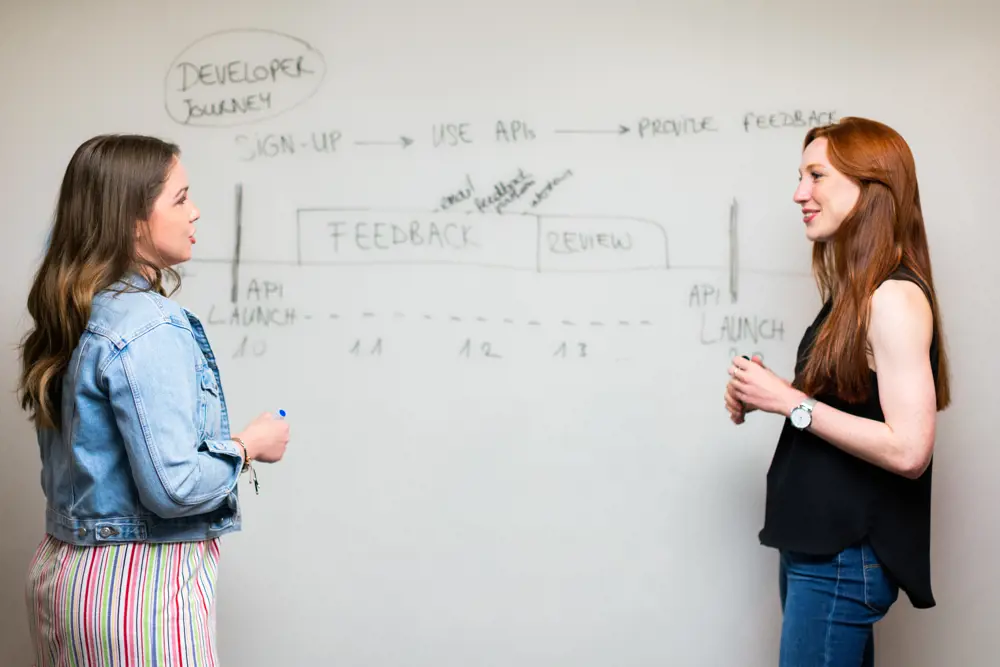
Earn and learn with an apprenticeship
Apprenticeships are real jobs with real employers, allowing you to work, earn a salary and gain valuable qualifications and experience.
Apprenticeships could be right for you if:
- You want hands-on experience while earning a salary and a qualification at the same time
- You know what industry / employer you want to go into
- You want to progress your qualification level as you go
People who do an apprenticeship often progress to a degree apprenticeship, or straight into an entry level engineering career.
"I love the 'hands-on' learning approach of my apprenticeship. I get a really good understanding of the industry from working alongside experts, valuable workplace skills, and I get paid!"
— Harvey, Building Services Engineering Apprentice at Vital Energi
Opportunities to enhance your skills
Enter the Big Bang UK Young Scientists & Engineers Competition. It's open to young people in the UK aged 11 to 18 in state-funded secondary education, who are home educated or who enter as part of a community group. Competitors can only enter one project, either on their own or as part of a team.
The Amazon Future Engineer Bursary which supports women A-level and BTEC/OCR (or Scottish equivalent) students from low-income households who wish to study computer science or related engineering courses at UK universities.
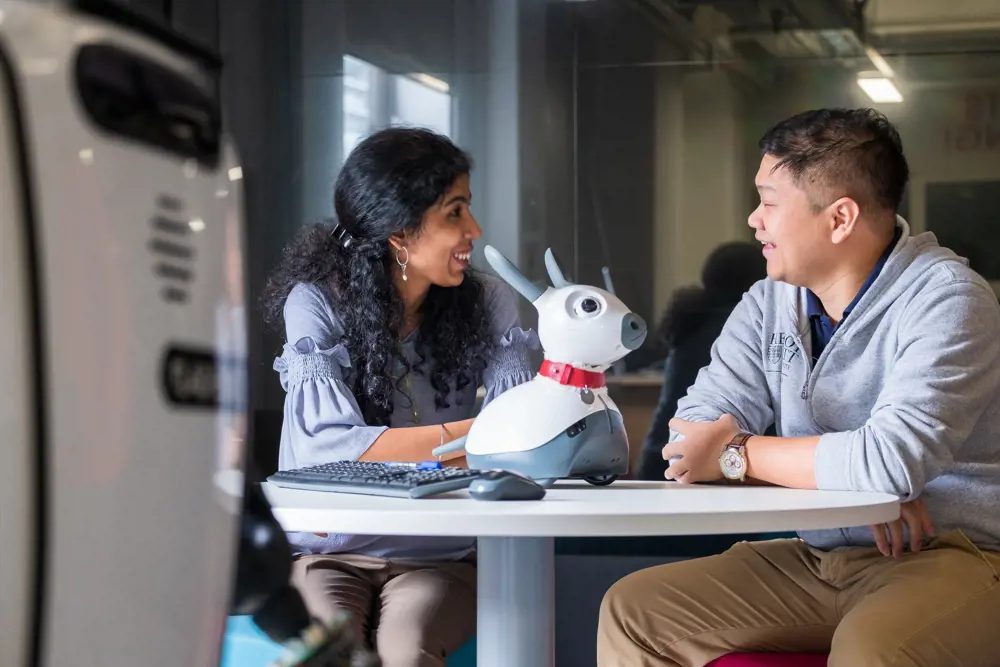
Head to the 'Higher Education' section to get an idea of what you can do next 👉
Going into higher education and getting a degree in engineering can be useful starting point for a career in engineering or even another sector. You can start a degree having completed A levels, Scottish Highers, T levels or vocational courses.
There are two options: university degrees and degree apprenticeships.
Study for an engineering degree at university
There are a variety of engineering degree types to chose from; you can study broad degrees, or specialise early if you're passionate about one topic.
Getting a degree at university may be for you if:
- You'd like to move away from home and balance studying with socialising
- You'd like the option of a paid placement year to gain experience and skills before going in to work
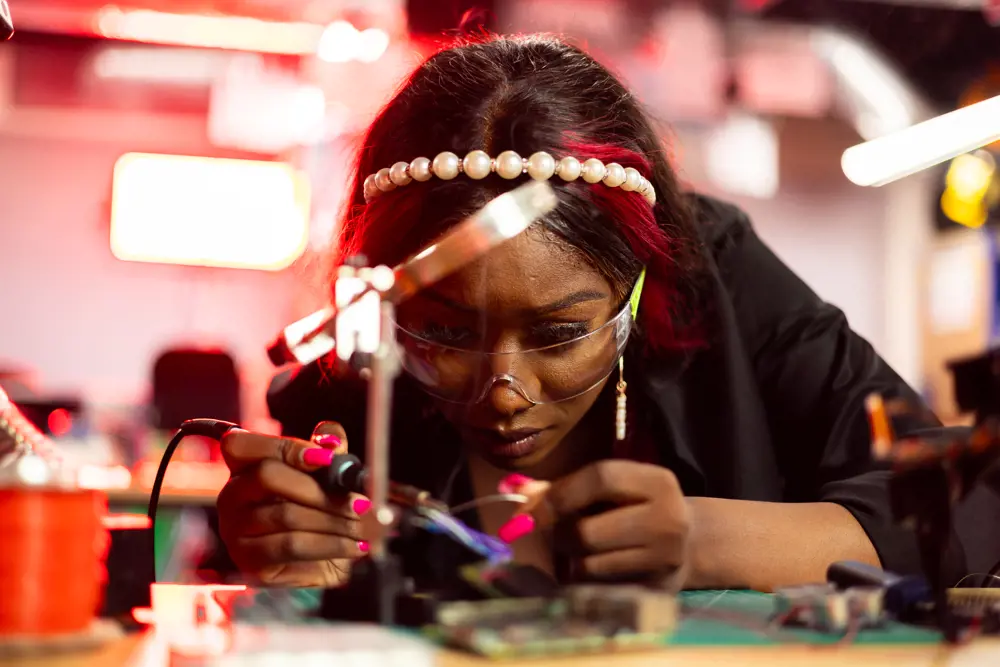
Get an engineering degree through an apprenticeship
These are higher level apprenticeships that can lead to a degree. They're often called 'degree apprenticeships', or 'graduate apprenticeships' in Scotland.
Gaining a degree through an apprenticeship may be for you if:
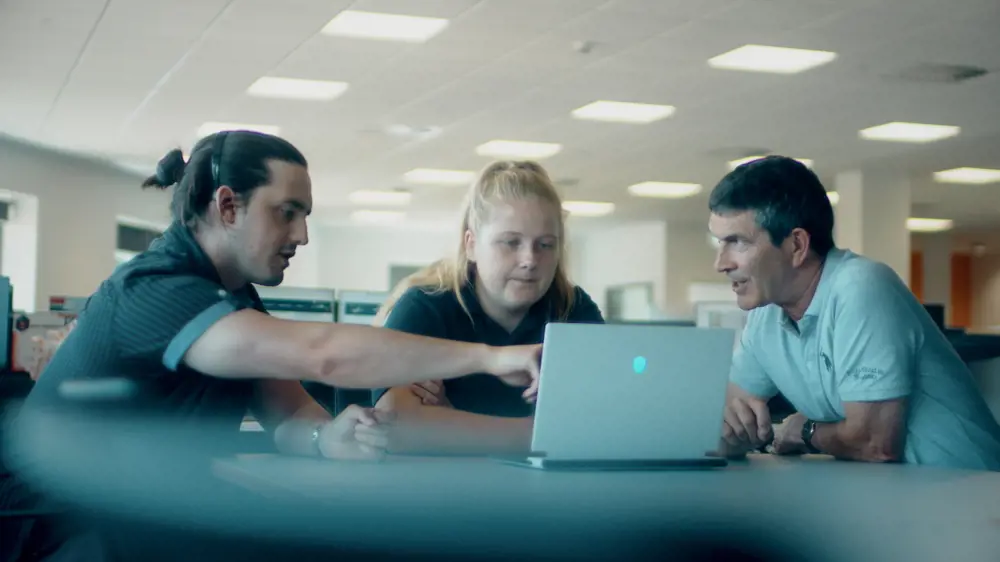
Opportunities to enhance your skills
Sign up to Digital Skills Bootcamps in digital areas such as software development, cyber security, cloud computing, data and analytics or web development. These courses are fully-funded, flexible and last up to 16 weeks, with an interview guaranteed at the end of the course.
Check out Motivez, an organisation who run 1:1 coaching, career development training and meet-ups for people looking for STEM jobs.
Enter the EPIC Competition with a project that creates positive social impact or will tackle an environmental problem to win a cash prize.
Enter a team into the RS Innovators Championship and receive a programme of mentoring and masterclasses to turn ideas into innovations.
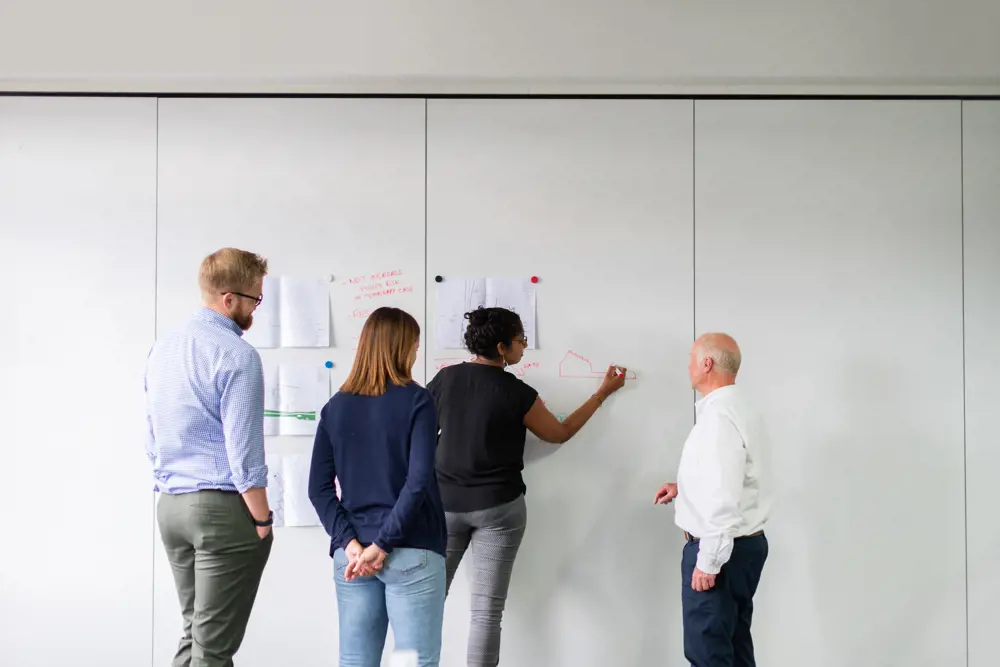
Discover your future in engineering: